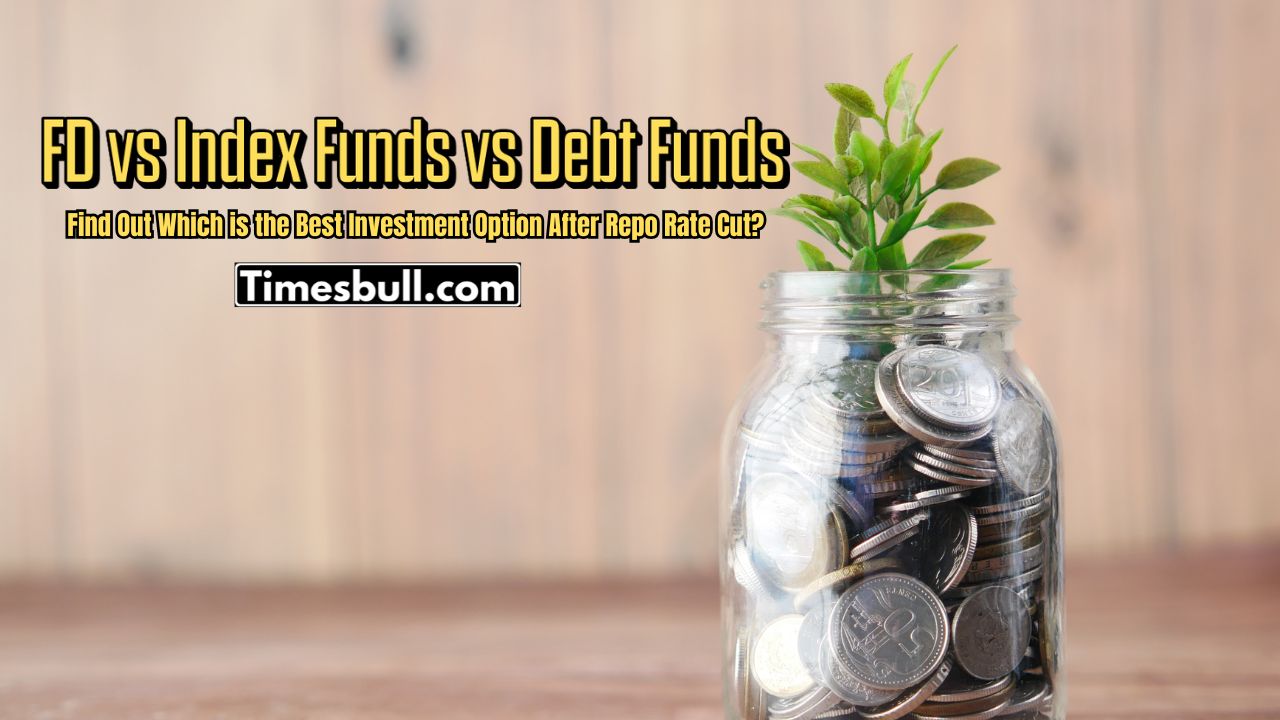Investment Guide: For small investors, Fixed Deposits (FD), Index Funds, and Debt Funds are the most common investment options. Each of these has its benefits, but the right choice depends on your financial goals, risk appetite, and investment period. Let’s find out which one is the best option for you.
What Are Index Funds?
An index fund is a type of mutual fund that follows the performance of a specific market index, such as the Nifty 50 or Sensex. These funds hold stocks in the same proportion as the benchmark index. Since they are passively managed, index funds have lower expense ratios compared to actively managed mutual funds. They are considered a good investment option for small investors. To invest in index funds, you need a Demat account, which can be opened through any brokerage platform by completing KYC requirements. Required documents include a PAN card, proof of identity, proof of address, and a photograph.
What Are Fixed Deposits?
Fixed deposits (FDs) are one of the safest investment options in India. They offer guaranteed returns over a fixed period, making them ideal for risk-averse investors. FDs are popular among both young and senior citizens. Many investors prefer FDs to avoid market fluctuations as they provide fixed returns.
What Is a Debt Fund?
A debt fund is a type of mutual fund that mainly invests in fixed-income securities like government bonds, corporate bonds, treasury bills, and debentures. These funds are suitable for investors looking for low-risk and stable returns.
Comparison of Index Funds, Fixed Deposits, and Debt Funds
| Feature | Index Fund | Fixed Deposit (FD) | Debt Fund |
|---|---|---|---|
| Returns | 10-15% (long term) | 6-7% (fixed) | 6-9% (flexible) |
| Risk | High | Negligible | Low |
| Liquidity | Medium (withdrawal within 1-3 days) | Low (penalty on premature withdrawal) | High (withdrawal anytime) |
| Tax Benefits | 10% LTCG tax after 1 year | Interest is taxable after 3 years | Lower tax with indexation |
| Investment Period | 5+ years | 1-5 years | 1-3 years |
| Suitable For | High-risk takers | Safe investors | Investors seeking stable returns |
Which Investment Option Is Better?
- If your goal is long-term (5+ years) and you want high returns, choose index funds.
- If you want fixed returns with no risk, go for fixed deposits (FDs).
- If you need better returns and liquidity than FDs with lower risk, choose debt funds.
- If you want tax benefits and can invest for 3+ years, debt funds may be a good option.


